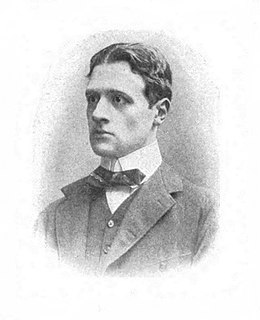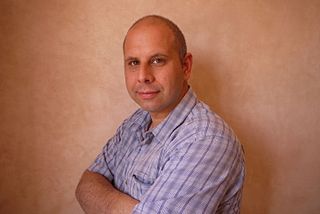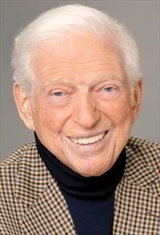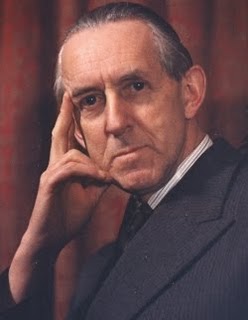A Quote by Rafael Sabatini
Do you expect sincerity in man when hypocrisy is the very keynote of human nature? We are nurtured on it; we are schooled in it, we live by it; and we rarely realize it.’ – Book 3, Chapter 16
Related Quotes
If Mother Culture were to give an account of human history using these terms, it would go something like this: ' The Leavers were chapter one of human history -- a long and uneventful chapter. Their chapter of human history ended about ten thousand years ago with the birth of agriculture in the Near East. This event marked the beginning of chapter two, the chapter of the Takers. It's true there are still Leavers living in the world, but these are anachronisms, fossils -- people living in the past, people who just don't realize that their chapter of human history is over. '
All mankind is one volume. When one man dies, a chapter is not torn out of the book, but translated into a better language. And every chapter must be translated. God employs several translators; some pieces are translated by age, some by sickness, some by war, some by justice. But God's hand shall bind up all our scattered leaves again for that library where every book shall live open to one another
the more i live, the more i realize what strange creatures human beings are. some of them might just as well have a hundred legs, like a centipede, or six, like a lobster. the human consistency and dignity one has been led to expect from one's fellow-man seem actually non-existent. one doubts if they exist to any startling degree even in oneself.
Once in a very long time you come across a book that is far, far more than the ink, the glue and the paper, a book that seeps into your blood. With such a book the impact isn't necessarily obvious at first...but the more you read it and re-read it, and live with it, and travel with it, the more it speaks to you, and the more you realize that you cannot live without that book. It's then that the wisdom hidden inside, the seed, is passed on.
Among the older records, we find chapter after chapter of which we can read the characters, and make out their meaning: and as we approach the period of man's creation, our book becomes more clear, and nature seems to speak to us in language so like our own, that we easily comprehend it. But just as we begin to enter on the history of physical changes going on before our eyes, and in which we ourselves bear a part, our chronicle seems to fail us-a leaf has been torn out from nature's record, and the succession of events is almost hidden from our eyes.
Nature is man's inorganic body -- that is to say, nature insofar as it is not the human body. Man lives from nature -- i.e., nature is his body -- and he must maintain a continuing dialogue with it is he is not to die. To say that man's physical and mental life is linked to nature simply means that nature is linked to itself, for man is a part of nature.
It is the assumption of this book that there is a typical human nature. It is the aim of this book to seek it. Just like a surgeon, a psychiatrist can make all sorts of basic assumptions when a patient lies down upon the couch. He can assume that the patient knows what it means to love, to envy, to trust, to think, to speak, to fear, to smile, to bargain, to covet, to dream, to remember, to sing, to quarrel, to lie. The 'smile' of a baboon is a threat; the smile of a man is a sign of pleasure: it is human nature, the world over.






































